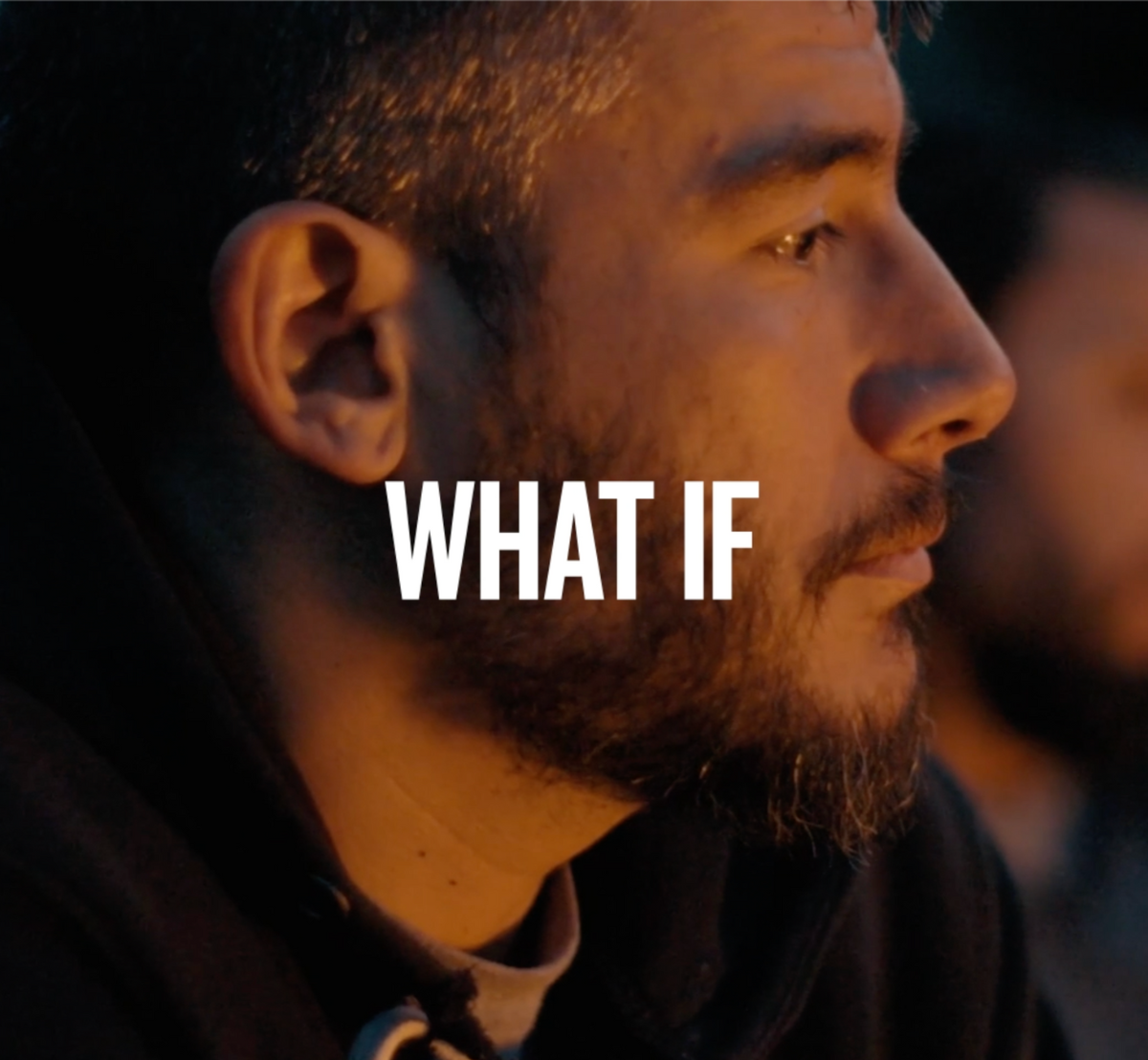Despite the challenges posed by disasters, research suggests that they can also provide opportunities for posttraumatic growth (PTG).
This chapter explores the concept of posttraumatic growth (PTG) and its role in the aftermath of natural and technological disasters. PTG is defined as positive life changes experienced as a result of struggling with a highly stressful or traumatic life experience (Tedeschi & Calhoun, 1996).
Despite these challenges, research suggests that disasters are fruitful opportunities for PTG, beginning with core belief challenge.
Disasters are devastating disruptions to individuals’ core beliefs about the predictability, justness, and safety of the world, which creates initial psychological distress and attempts at sense-making. However, through cognitively processing their experience, survivors may grow in their appreciation of the fragility of life, improve relationships with their loved ones and larger affected community, and acknowledge their personal strength in persevering and rebuilding their lives amidst catastrophe, among other positive changes.
Future research on PTG in the context of disasters should focus on cultural differences in the disaster response and growth processes, development of interventions for both individuals and groups, and the experiences and needs of special populations such as older adults and first responders. Research on PTG in disaster contexts is burgeoning, with many promising areas for future inquiry.
Read the Chapter “Positive Psychological Approaches to Disasters: Meaning, Resilience, and Post-Traumatic Growth” https://psycnet.apa.org/record/2020-93377-000
Give strength & hope to those who serve
Your support powers life-changing programs offered at no charge to veterans, military, first responders, and their families. With your help, our Warriors won't just survive — they'll thrive.

